Islamic mythology
Islamic mythology is a term that is sometimes used to refer to the body of myths, stories, and beliefs associated with Islam, but it is not a term that is commonly used by Muslims themselves. In Islam, the Qur’an is considered the word of God and is not considered to be a work of mythology. Instead of focusing on myths and stories, Islam emphasizes the history and teachings of the Prophet Muhammad and the principles of the religion. While there are some stories and legends that are associated with Islam, they are not considered to be central to the religion in the way that myths are in some other traditions.
The beginning of the Islamic religion
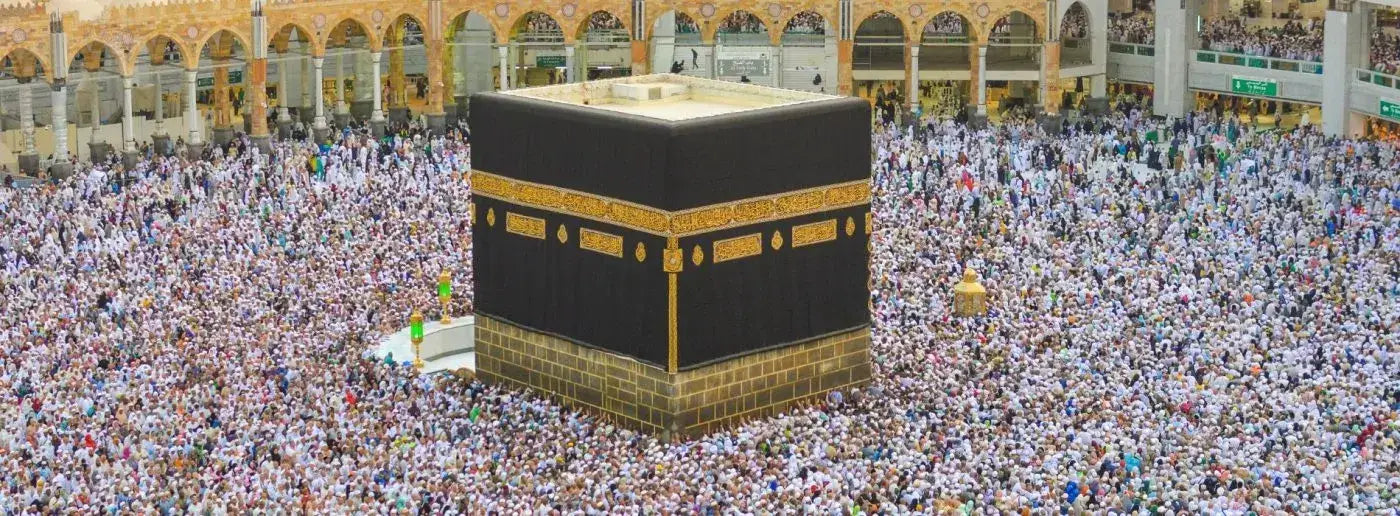
Islam is a monotheistic religion founded in the 7th century by the prophet Muhammad. According to Islamic tradition, Muhammad was born in Mecca, a city in present-day Saudi Arabia, and was chosen by Allah to be his messenger and to spread the teachings of Islam to the world.
Islam believes that Muhammad received revelations from Allah through the angel Gabriel, which were recorded in the Quran, the holy book of Islam. These revelations were believed to be a continuation and clarification of the teachings of earlier prophets, such as Abraham, Moses, and Jesus, and were seen as a final and complete revelation from God to humanity.
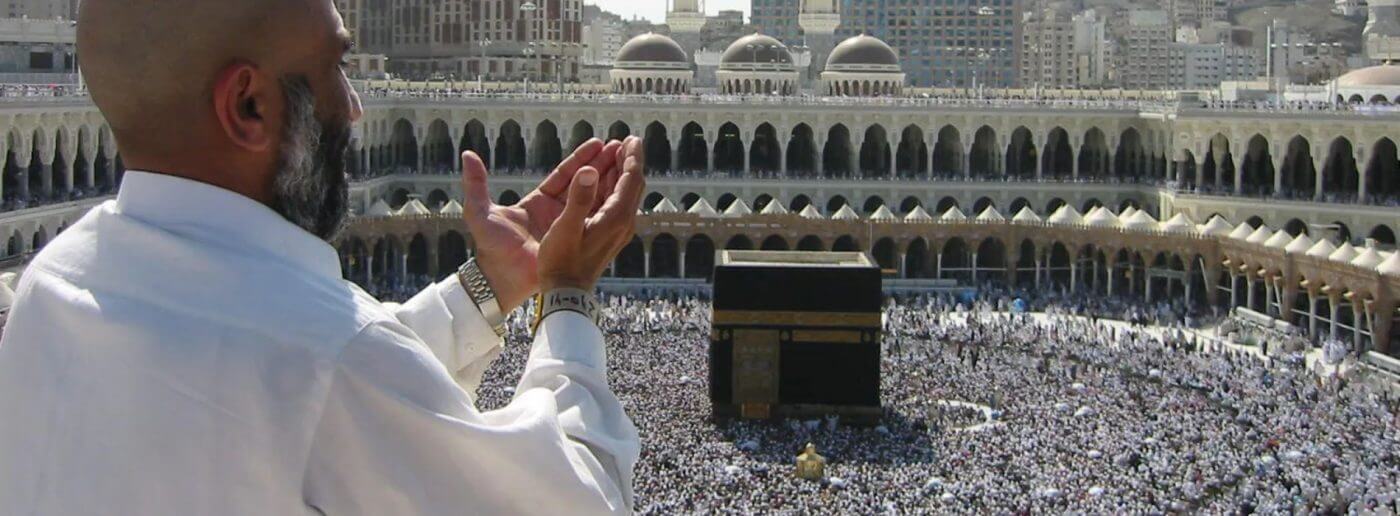
Muhammad began preaching the message of Islam to his family and friends, and eventually to the wider community in Mecca. His message was met with resistance and persecution from the ruling authorities and some members of the community, and Muhammad and his followers were forced to flee Mecca and seek refuge in the city of Medina.
This event, known as the Hijra, marks the beginning of the Islamic calendar and is considered a significant turning point in the history of Islam. After the Hijra, Muhammad and his followers were able to establish a community in Medina and gradually spread the message of Islam throughout Arabia.
Islam quickly spread beyond the borders of Arabia and is now the second largest religion in the world, with a global community of over 1.8 billion believers.
Key dates in the Islamic religion
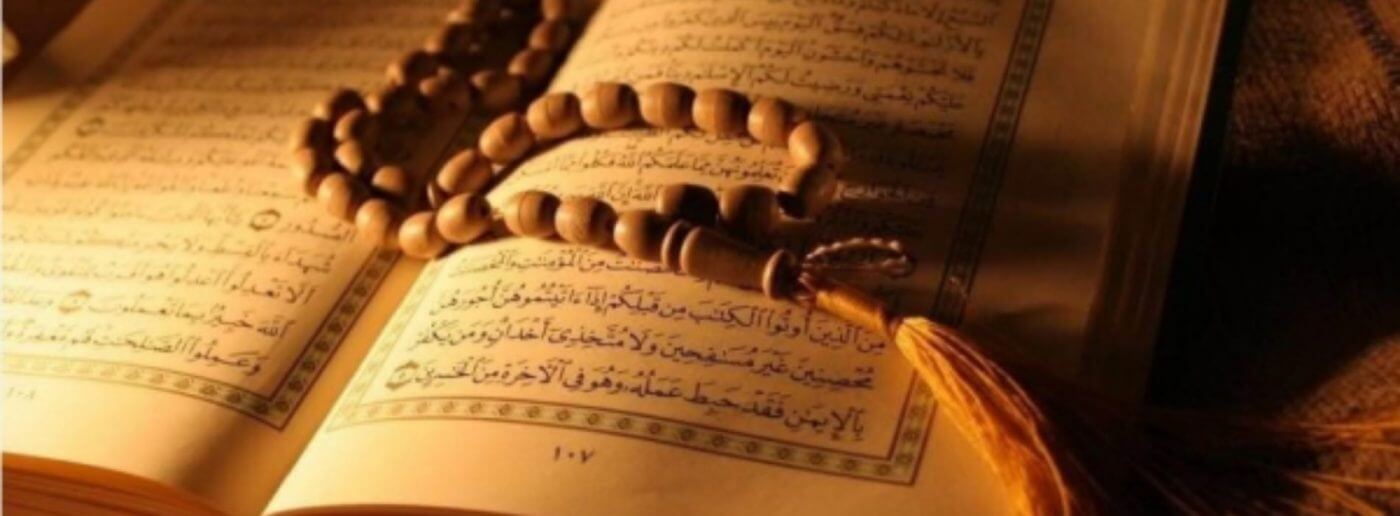
There are several key dates in the history of Islam that are significant to Muslims around the world:
- 610 CE: The Year of the Elephant, when the prophet Muhammad is believed to have received his first revelation from Allah through the angel Gabriel. This event is considered the beginning of Islam and is marked by the Islamic calendar.
- 622 CE: The Hijra, or the migration of the prophet Muhammad and his followers from Mecca to Medina. This event marks the beginning of the Islamic calendar and is considered a significant turning point in the history of Islam.
- 632 CE: The death of the prophet Muhammad. After Muhammad’s death, his companions and followers worked to compile and preserve the teachings of Islam, including the Quran and the Hadith (sayings and actions of the prophet Muhammad).
- 661 CE: The succession of the first caliph, or leader, of the Islamic community, known as the Rashidun (Rightly Guided) Caliphs. The Rashidun Caliphs played a key role in the spread and development of Islam in the early years of the religion.
- 750 CE: The fall of the Umayyad Caliphate and the establishment of the Abbasid Caliphate, which became the dominant power in the Islamic world and played a key role in the spread of Islam to new areas.
- 1099 CE: The capture of Jerusalem by the Crusaders, a series of holy wars fought between Christian and Muslim forces in the Middle East.
- 1258 CE: The fall of the Abbasid Caliphate and the destruction of Baghdad by the Mongols.
These dates represent important events in the history of Islam and are remembered and celebrated by Muslims around the world.
What are the mythical creatures in Islam?
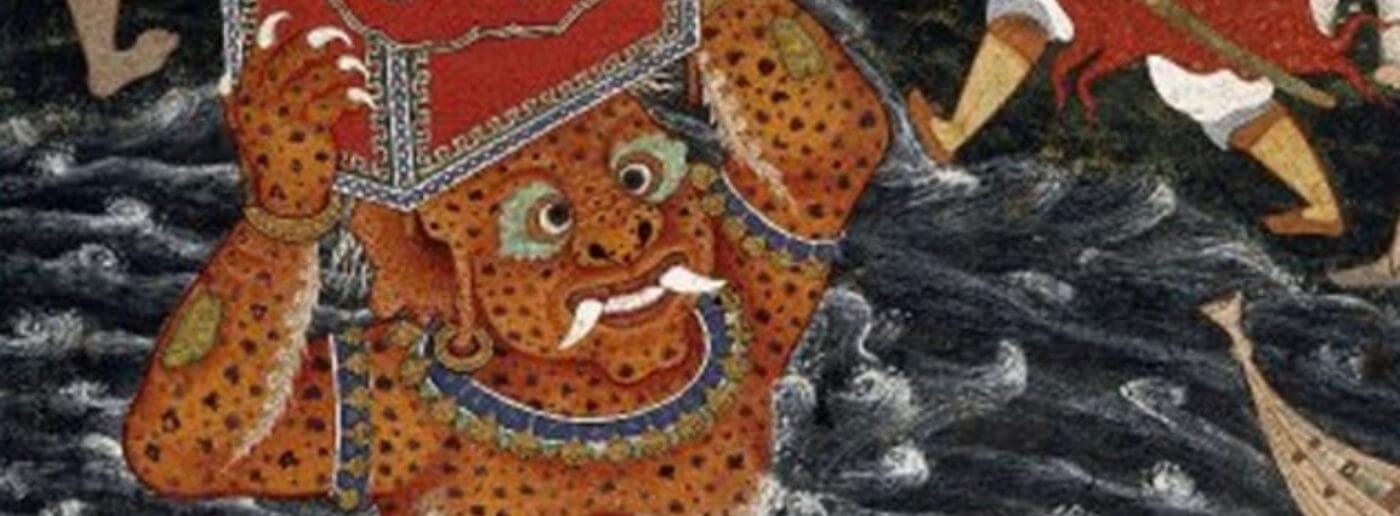
Islam, like many other religions and cultural traditions, includes a variety of mythical creatures in its myths, legends, and folklore. Some examples of mythical creatures in Islam include:
Djinn “genie”
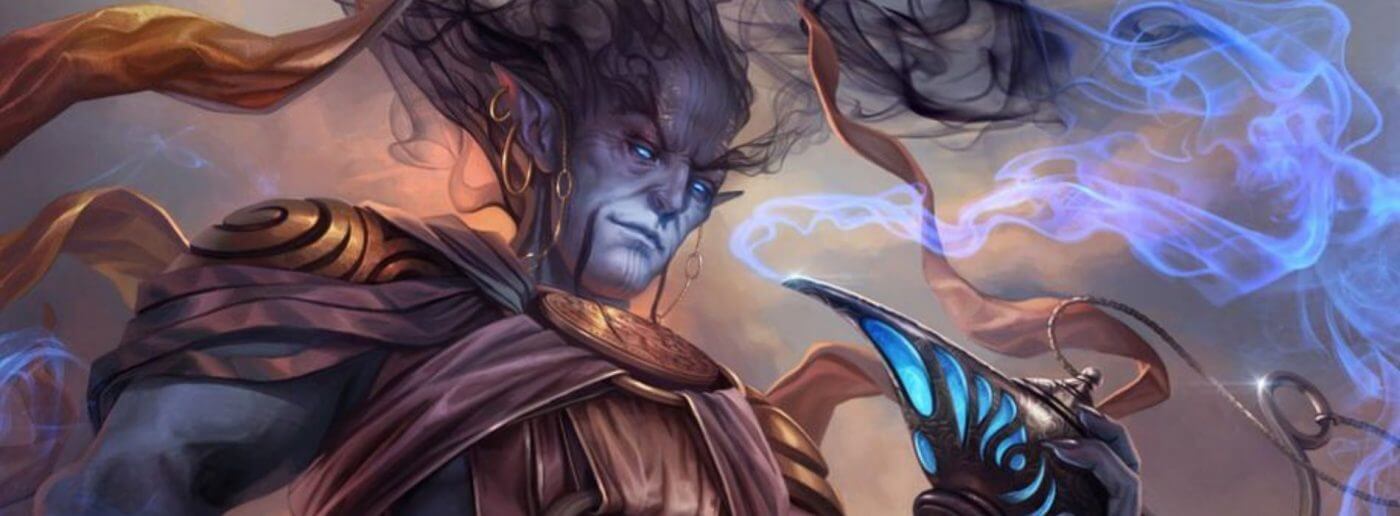
Djinn (also spelled jinn or genie) are supernatural beings in Islamic mythology that are made of smokeless fire and have the ability to take on various forms. They are often depicted as mischievous or malevolent, but can also be depicted as helpful or benevolent.
Ifrit
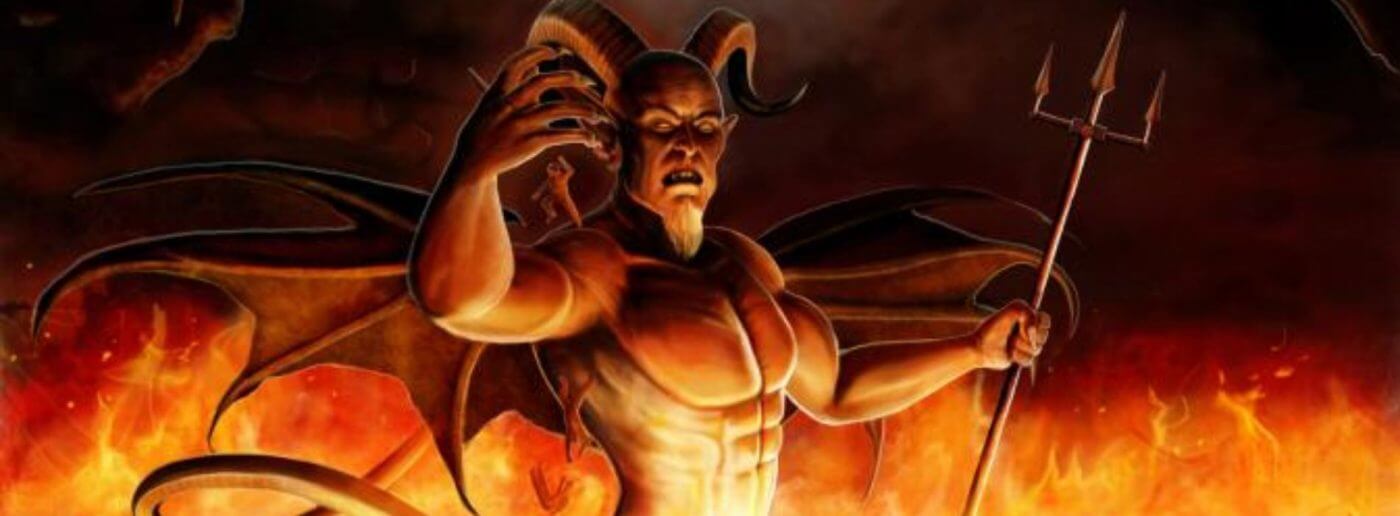
Ifrit are a type of djinn in Islamic mythology that are particularly powerful and malevolent. They are often depicted as giant monsters or demons with supernatural powers.
Marid

Marid are a type of djinn in Islamic mythology that are particularly powerful and benevolent. They are often depicted as giant, human-like beings with supernatural powers.
Ghoul

Ghouls are demonic creatures in Islamic mythology that are said to haunt cemeteries and graveyards, preying on the dead and occasionally attacking the living. They are often depicted as humanoid monsters with sharp teeth and claws.
Succubus
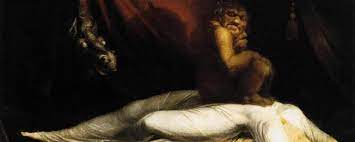
Succubi are female demon-like creatures in Islamic mythology that are said to seduce men in their dreams and drain their energy or life force. They are often depicted as beautiful but dangerous beings.
It is important to note that the beliefs and myths surrounding these creatures vary among different Islamic traditions and cultures.
Who are the main gods of Islam?
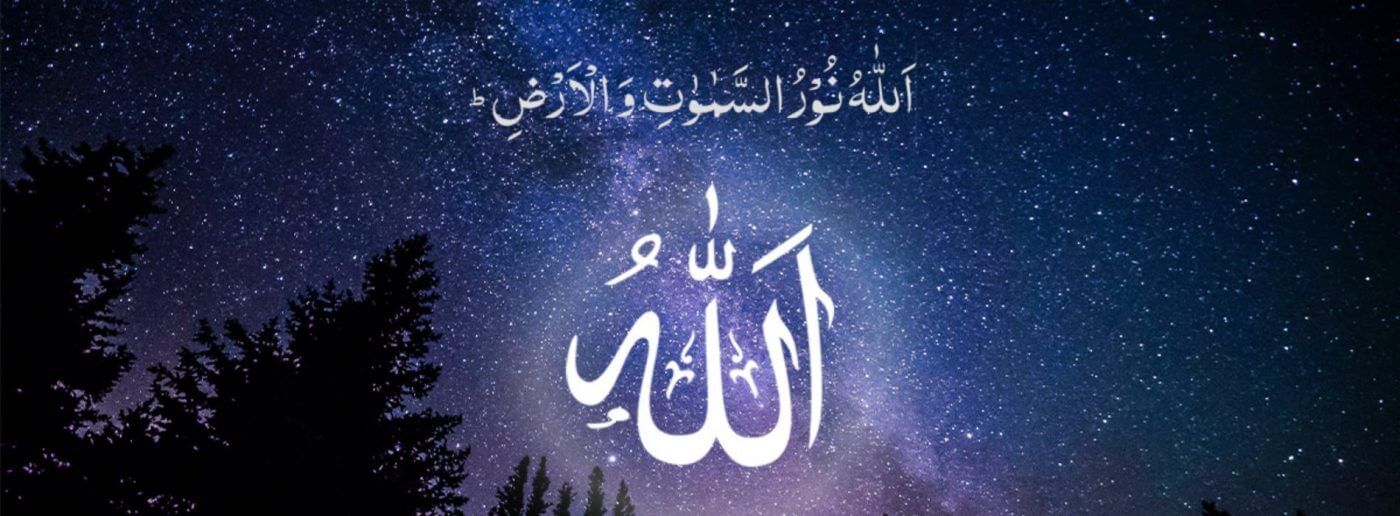
Islam is a monotheistic religion that believes in the existence of one all-powerful and all-knowing deity, Allah. Allah is considered the supreme being and the creator of the universe in Islam. Muslims believe that Allah is the same God worshipped by Jews and Christians, and that the teachings of Islam were revealed to the prophet Muhammad by Allah through the angel Gabriel.
In Islam, the concept of gods or deities in the traditional sense does not exist. Muslims do not believe in multiple gods or in the worship of any being or object other than Allah. The belief in the existence of multiple gods or deities is considered to be a form of shirk, which is a major sin in Islam.
It is important to note that while Islam does not recognize the existence of gods or deities in the traditional sense, it does recognize the existence of other supernatural beings, such as angels and djinn (also spelled jinn or genie). These beings are not worshipped and are believed to be subservient to Allah.
Are there dragons in Islam?
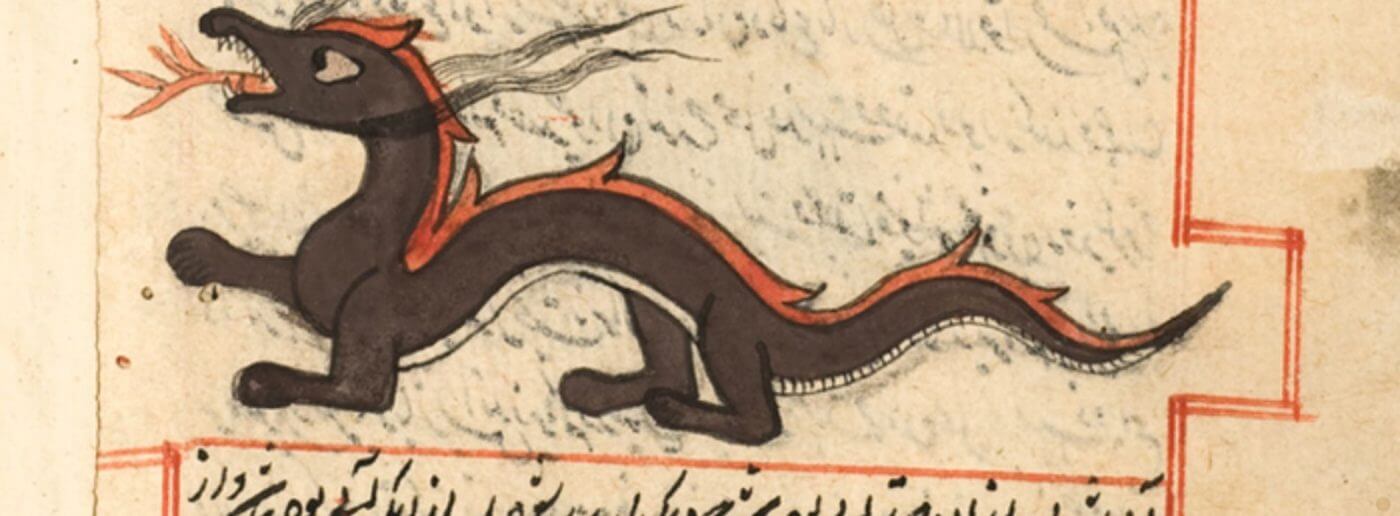
Dragons are not specifically mentioned in the religious texts of Islam, such as the Quran or the Hadith. However, dragons are a common theme in many myths, legends, and folktales from a variety of cultures around the world, and it is possible that some Islamic cultures may have their own versions of dragon myths or folklore.
In Islamic mythology, there are a variety of supernatural creatures that may be similar to dragons in some ways, such as the djinn (also spelled jinn or genie), which are supernatural beings made of smokeless fire that can take on various forms. Some djinn are depicted as giant, dragon-like creatures with wings, while others are depicted as more humanoid in appearance.
It is important to note that the beliefs and myths surrounding dragons and other mythical creatures vary among different Islamic traditions and cultures, and may be influenced by the beliefs and traditions of other cultures as well.
Read more: Dragon in Mythology, the fire-breathing flying reptile
What is difference between Islam and Muslim?
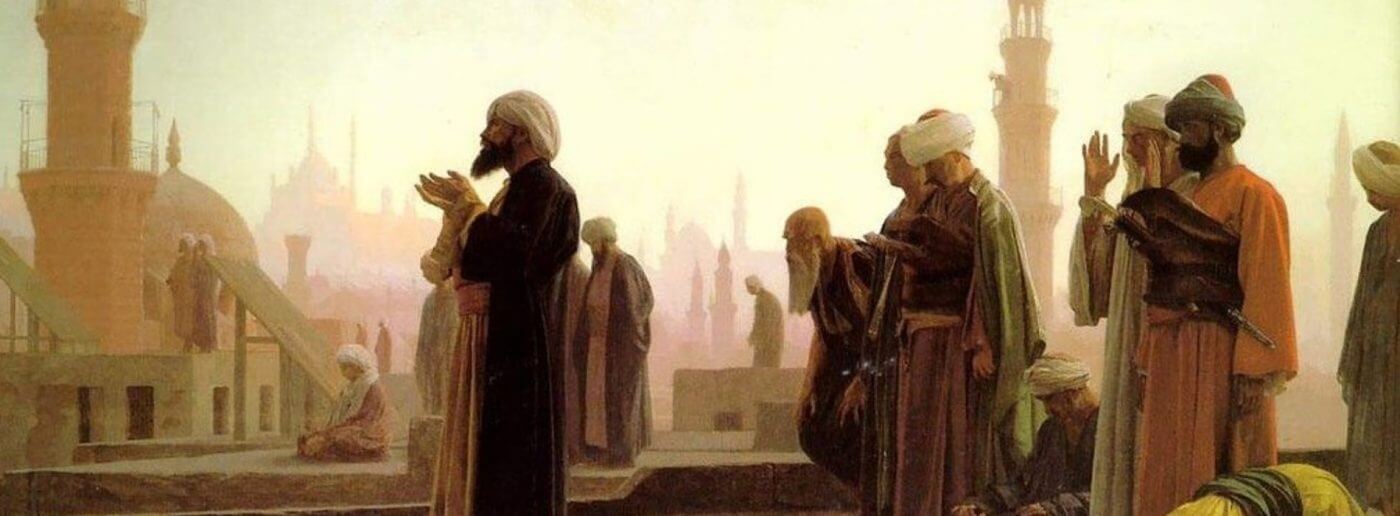
Islam is a monotheistic religion founded in the 7th century by the prophet Muhammad. It is based on the belief in the existence of one all-powerful and all-knowing deity, Allah, and the teachings of Muhammad as revealed to him by Allah through the angel Gabriel. Islam is the second largest religion in the world, with a global community of over 1.8 billion believers.
A Muslim is a person who follows the religion of Islam and believes in the teachings of the Quran and the prophet Muhammad. Muslims seek to follow the teachings of Islam in their daily lives and to live according to the principles of the religion.
It is important to note that Islam and Muslim are not interchangeable terms. Islam is the name of the religion, while Muslim refers to a person who follows that religion. It is also important to note that not all Muslims are Arab, as Islam is a global religion with followers from many different cultural and ethnic backgrounds.
Who is Allah in Hinduism?
Allah is the name of the supreme being in Islam, and is considered the one and only deity worthy of worship by Muslims. Allah is believed to be the creator of the universe and the source of all knowledge and guidance. In Islam, Allah is seen as the ultimate judge and the source of all moral authority.
In Hinduism, Allah is not considered to be a deity or a god. Hinduism is a polytheistic religion that recognizes a diverse pantheon of gods and goddesses, each with their own specific qualities and attributes. Hinduism also recognizes the existence of a supreme being, known as Brahman, who is seen as the ultimate reality and the source of all existence.
It is important to note that the beliefs and practices of Islam and Hinduism are distinct and separate from one another, and the two religions do not share a common concept of Allah or of any other deity.
Read more: Hindu mythology
